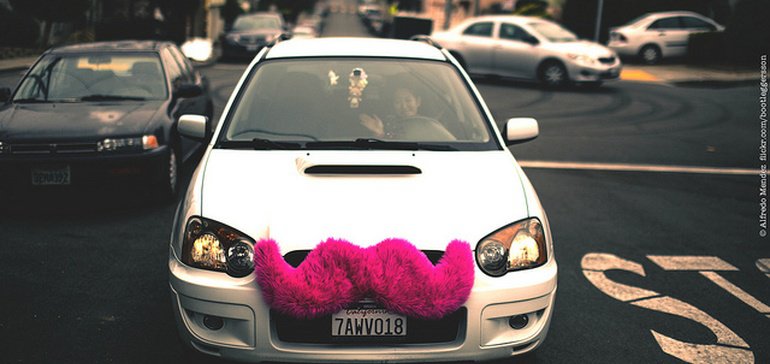
Share On Social!
Latinos often face hurdles like language, culture, and cost to get proper healthcare, which contributes to heavier disease burdens and health inequities.
Transportation is another big hurdle to healthcare access.
In fact, 3.6 million patients miss medial appointments each year due to transportation issues, according to the Community Transportation Association of America.
 A new partnership between ride-sharing service Lyft and major healthcare insurer Blue Cross Blue Shield (BCBS) are forming an unlikely partnership to solve the issue.
A new partnership between ride-sharing service Lyft and major healthcare insurer Blue Cross Blue Shield (BCBS) are forming an unlikely partnership to solve the issue.
BCBS will offer free Lyft services to its members as part of a new service delivery model for select companies to reduce missed appointments for nonemergency care in areas that lack adequate transportation options, HealthCare Dive reports.
“By matching health experience data of its 106 million members with local transportation, nutrition and other data, the partnership can pinpoint zip codes where Lyft rides could help impact population health,” BCBS said in a news release.
Why Is This Needed?
Latinos are nearly twice as likely as the general population to go to the ER for nonemergency care (39% vs. 21%), says a recent survey.
How they get to the ER is problematic.
The federal government spends roughly $2.7 billion on nonemergency medical transportation, according to HealthCare Dive.
No-shows to medical appointments can cost providers millions of dollars. Also, patients who skip appointments may end up delaying early or preventive care that could save their lives.
How Can Ride Sharing Help?
An op-ed in Journal of the American Medical Association indicated that ride-sharing programs can relieve some of these costs.
Ride-sharing programs are popping up.
The Lyft partnership with BCBS is the first with a major insurer.
But Lyft has already partnered with smaller providers in New York and California to provide rides for patients. And competing ride-sharing program Uber partnered with HackensackUMC in New York to cut down on patient no-shows, and with a Washington D.C. provider to shuttle needy patients to different facilities, according to HealthCare Dive.
The Lyft programs dropped average appointment wait times by 30%, and user satisfaction rose, according to HealthCare Dive.
Explore More:
Healthcare AccessBy The Numbers
25.1
percent
of Latinos remain without health insurance coverage



